A dark-skinned girl kicking a football. It’s no coincidence that an image like this was at one point on the United Nations Development Programme (UNDP) website introducing the fifth of the UN’s 17 sustainable development goals. This goal addresses gender equality.
Sport is a good indicator of gender equality. When the modern Olympic Games began in 1896, women weren’t even allowed to participate. According to Pierre de Coubertin, the founder of the Olympic movement, the female body was not intended to endure the strain of Olympic events.
In 1900, women were allowed to compete in two of the 95 events. Since then, the number of women’s events and the share of female athletes has increased quite steadily. Women accounted for 45% of all athletes at the Rio Olympics. The position of women has also improved in the Paralympic Games, but not nearly as much.
Between 1964 and 1992, women competed against men in certain shooting disciplines. Today, women and men only compete together in equestrian events. Rio had a total of 306 events: 161 for men and 145 for women or both genders. Rhythmic gymnastics and synchronised swimming were the only sports intended solely for women.
Prior to the Rio games, the American magazine Sports Illustrated predicted that Finland’s only medal at the games would be a bronze earned by Mira Potkonen in boxing. Back in Finland this forecast, which eventually turned out to be exactly right, caused laughter and joking and was considered a shocking statement. It’s interesting that our only medal came in a sport that is marginal in terms of money, publicity and reputation, and also in a discipline – women’s boxing – that is somewhat marginal even within that sport. Generally speaking, Finland’s greatest success in Rio came in women’s martial arts disciplines: boxing, taekwondo and wrestling. Women have only recently gained the right to compete in these traditionally male (macho) sports, but they still struggle for recognition.
Research shows that there is a relationship between gender equality and the Olympic success of countries. The link between gender equality and high-level women’s football is particularly clear, as suggested by the UNDP’s choice of photo mentioned at the beginning of this blog.
These results are not surprising. Successful athletes and sports teams develop in places where girls and young women can participate in sports in the same way as boys and young men. As long as differences in gender equality exist between countries, equality will, in addition to income level and sporting investments, also have an impact on success in sport. In Rio, women won eight of Denmark’s 15 medals, eight of Sweden’s 11 medals, one of Norway’s four medals, and Finland’s only medal.
At the same time, it must be acknowledged that gender equality and economic growth are also strongly linked to each other. When women have access to education and participate in working life, the economy grows and so does general well-being – and that includes Olympic success.
A working group to restructure world-class sport in Finland (HUMU) recently spent some 2.5 million euros on producing a 40-page report. Here’s a free tip for our sports leaders: invest in the Nordic principle of gender equality (this also applies to the sporting organisations’ administrative levels!) and support female athletes in disciplines that have traditionally been considered male bastions.
On a more serious note, the sustainable development goal and indicator for 2030 is for the Olympics to have more or less the same number of female and male athletes and the same number of events intended for them – and for other countries to catch the Nordic nations up in terms of the share of medals won by women.
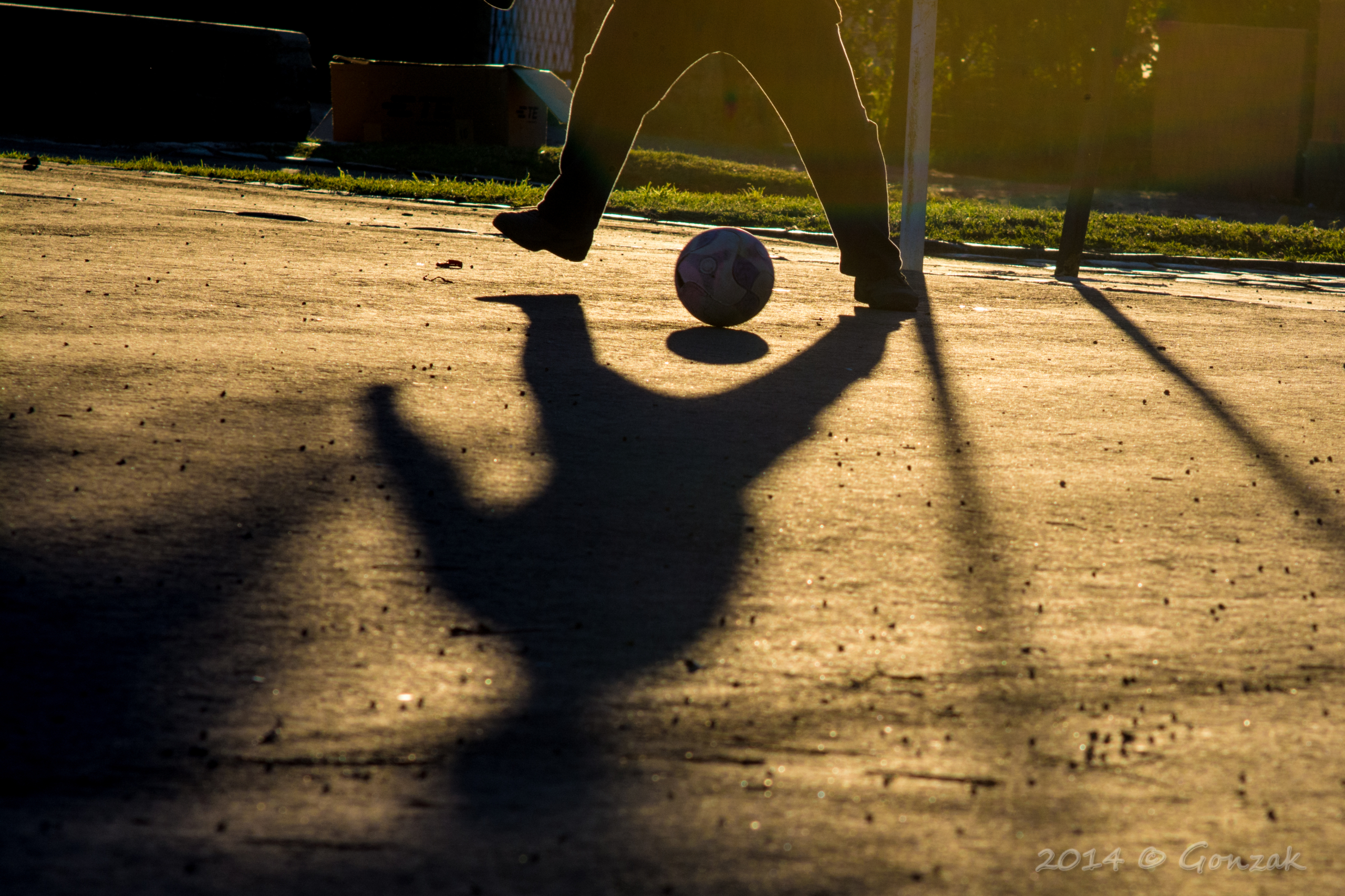



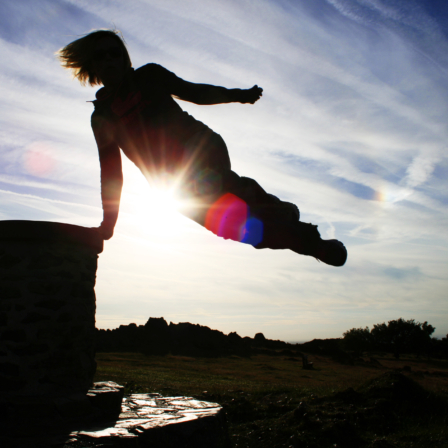
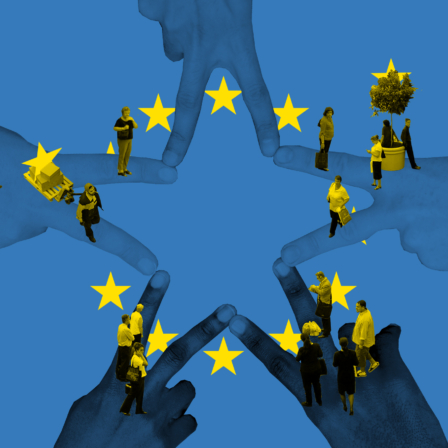











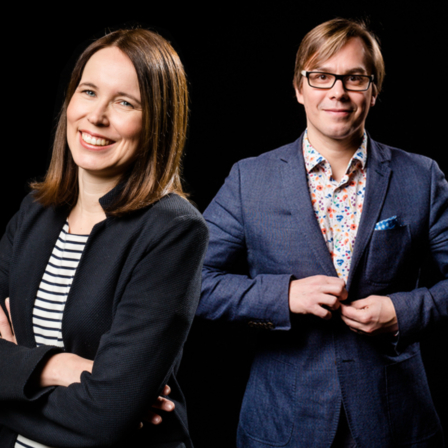
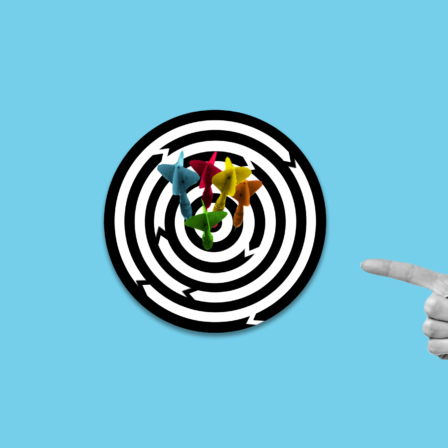

Recommended